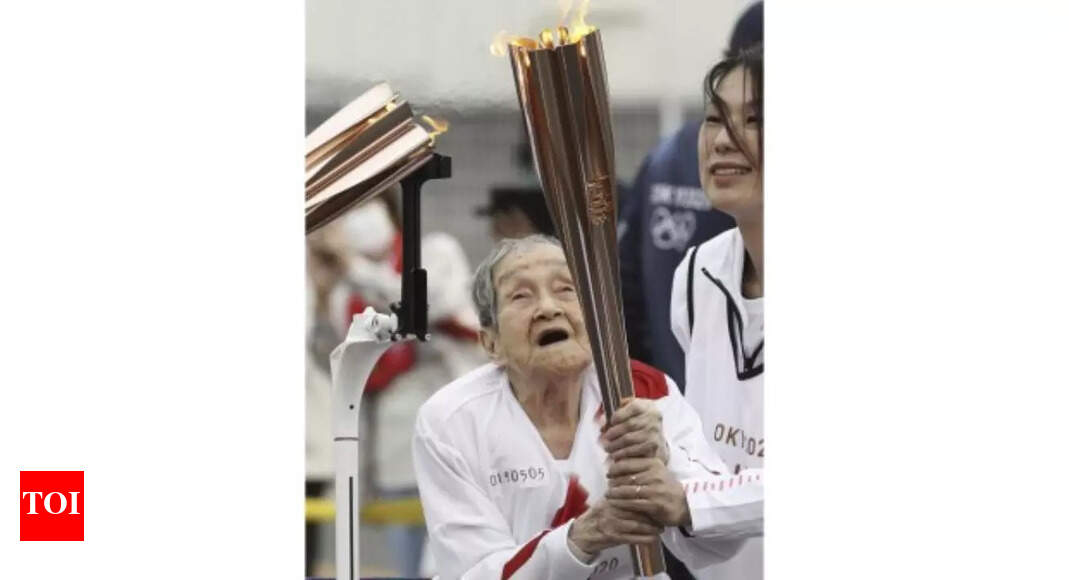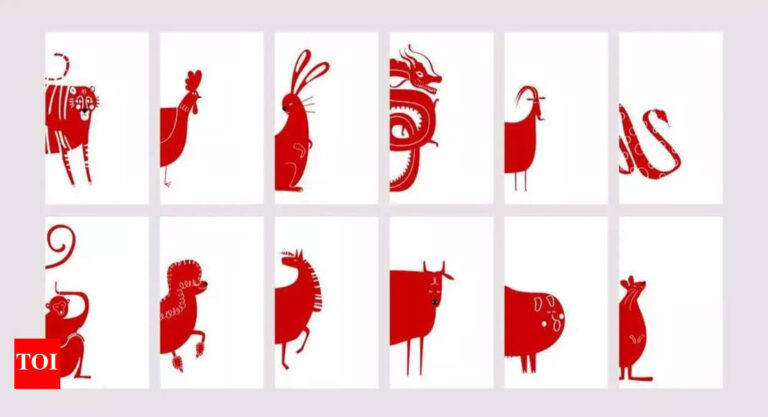
Japan, a country known for its incredible life expectancy and vibrant elderly community, has celebrated yet another milestone in longevity. Shigeko Kagawa, a 114-year-old retired physician from Nara Prefecture, has officially been recognised as Japan’s oldest living person, according to the Ministry of Health, Labour and Welfare.This honour comes after the passing of Miyoko Hiroyasu, also aged 114, who previously held the title. Kagawa’s life, spanning more than a century, reflects Japan’s rich cultural heritage, advancements in healthcare, and the unique lifestyle choices often linked with exceptional longevity.
Japan’s oldest living person early life and medical career
Born in the early 20th century, Shigeko Kagawa’s life began in a very different Japan. She pursued higher education at a time when opportunities for women, particularly in medicine, were rare and challenging. Kagawa graduated from medical school before World War II, making her part of an early wave of women who broke gender barriers in healthcare.Her initial medical work was conducted in Osaka during wartime, a period marked by limited resources, societal upheaval, and urgent medical needs. She later returned to her hometown, where she took over her family’s clinic, serving as an obstetrician and gynecologist. Her work focused on women’s health, maternal care, and childbirth, areas that were vital for post-war recovery in Japanese society.Kagawa continued practicing medicine until the age of 86, demonstrating not only her professional dedication but also her remarkable physical and mental resilience.
Shigeko Kagawa at 109: Olympic torchbearer and longevity icon
Even after retirement, Shigeko Kagawa’s life continued to inspire. In 2021, when the world was still recovering from the COVID-19 pandemic, she became one of the oldest Olympic torchbearers in history. Participating in the Tokyo 2021 Olympic Torch Relay at the age of 109 made headlines worldwide, symbolizing hope, perseverance, and the enduring spirit of the elderly community.Her appearance wasn’t just ceremonial—it carried a powerful message: age does not define one’s ability to contribute, inspire, and celebrate life. For many, Kagawa became a living example of Japan’s “ikigai” philosophy, which emphasizes having a purpose and joy in everyday life as a secret to longevity.
Japan’s oldest living person secret to longevity: “I Just Play Every Day”
When asked about her secret to longevity in a 2023 interview with TOS News, Shigeko Kagawa’s response was simple yet profound:“I don’t have any. I just play every day. My energy is my greatest asset. I go where I want, eat what I want, and do what I want. I’m free and independent.”Her lifestyle emphasises freedom, independence, and a playful approach to daily living. Unlike rigid dietary regimens or structured fitness programs often associated with longevity, Kagawa attributes her long life to mental well-being, active living, and personal happiness.These traits are common among centenarians, particularly in Japan, where psychological wellness and social connections often play as big a role as physical health in extending life expectancy.
Miyoko Hiroyasu: Art teacher, centenarian, and longevity icon of Japan
Shigeko Kagawa’s recognition as Japan’s oldest living person follows the death of Miyoko Hiroyasu, who had also lived to the remarkable age of 114. Hiroyasu, born in 1911, lived a life filled with creativity and education. She studied art in Tokyo, worked as a teacher in Hiroshima Prefecture, and raised three children.Her later years were spent in a nursing home in Oita Prefecture, where she enjoyed reading newspapers, sketching, and playing card games—activities that kept her mind active and engaged. On her 113th birthday, she expressed gratitude for her health and longevity, saying: “I am grateful to be healthy.”Hiroyasu’s life story, much like Kagawa’s, reflects the value of staying mentally and socially active, traits commonly linked with Japan’s exceptional number of centenarians.
Why Japan leads the world in life expectancy
Japan holds a global record for life expectancy, with women often outliving men by several years. As of 1 September 2024, the country had 36 million people aged 65 or older, making up 29% of the total population—the highest proportion of elderly citizens in the world. Even more striking is the fact that 10% of Japan’s population is now aged 80 and above, according to the Ministry of Internal Affairs and Communications. This demographic trend has profound implications for healthcare, social support, and economic planning.While longevity is often celebrated, it also presents challenges. A rapidly aging population increases demand for elder care, medical infrastructure, and pension systems. Policymakers are focusing on innovative solutions, such as robotics for elderly care, community-based support programs, and promoting healthy aging through technology and wellness education.At the same time, people like Shigeko Kagawa provide valuable insight into how to live a long, fulfilling life without rigid rules or extreme lifestyle changes. Her story resonates with younger generations who are increasingly seeking work-life balance, mental well-being, and personal freedom.
How do so many Japanese live beyond 100
Japan’s unusually high number of centenarians—individuals aged 100 and older—has long fascinated researchers and policymakers. Several factors contribute to this phenomenon:Japanese cuisine emphasizes fresh vegetables, fish, rice, seaweed, and fermented foods, all of which promote heart health and digestion. The traditional diet is low in processed sugars and saturated fats, reducing the risk of chronic diseases.Many elderly Japanese remain physically active through simple routines like walking, gardening, or even participating in community events, just as Kagawa did with the Olympic torch relay.
- Strong social connections
Loneliness has been linked to reduced life expectancy globally, but Japan’s elderly often benefit from tight-knit communities, cultural respect for seniors, and strong family bonds.Japan’s universal healthcare system provides affordable medical access, ensuring early detection and treatment of diseases that might otherwise shorten life expectancy.
- Cultural mindset and “Ikigai”
The Japanese concept of “ikigai”, meaning a reason to live or purpose in life, is often cited as a key to longevity. People like Kagawa embody this philosophy by maintaining independence, enjoying simple pleasures, and staying engaged in meaningful activities.Also Read | World’s Boiling River stuns the world with deadly heat and Amazon mystery challenging science








